For the latest information, please visit our COVID and caring page: www.carersleeds.org.uk/covid-and-caring/
Update: 05 November 2020
Information and routes to support for people who are clinically extremely vulnerable: Routes to Support in Leeds
Update: 04 November 2020
From Thursday 5 November, you must stay at home, except:
- to shop for essentials, such as food;
- to access health or critical public services;
- to work (if you cannot work from home);
- for education;
- to exercise, with members of your household, on your own or with one other person from outside your household; or
to provide care for a vulnerable person, or volunteer.
You must avoid meeting people you do not live with, unless they are in your support bubble or as part of a childcare bubble.
All non-essential shops, hospitality venues (with the exception of takeaway services), leisure and sports facilities, entertainment venues, personal care facilities (such as hairdressers, spas and beauticians) and places of worship (apart from for individual prayer, service broadcasting and funerals) must close.
However there are some differences with this lockdown than in March:
- Nurseries, schools, colleges and universities will remain open;
- Parks, playgrounds and car parks will remain open;
- There are no limits on the amount of times you can leave your house for exercise, as long as you exercise in a public outdoor space with people you live with, on your own, or with one other person, staying 2 metres apart from anyone not in your household.
The government has revised its guidance on those who are deemed to be clinically vulnerable and could be at higher risk of severe illness from coronavirus. If you fall into this category, you should:
- be especially careful to follow the rules and minimise your contacts with others; and
- continue to wash your hands carefully and more frequently than usual and maintain thorough cleaning of frequently touched areas in your home and/or workspace.
Government is writing to people who are considered to be clinically extremely vulnerable to Covid-19. It should arrive soon and explains the latest advice. Information is also available here: www.leeds.gov.uk/shielding. On that page you will also find information on the support in Leeds aimed at helping you stay safe and healthy during this lockdown. Look out for information of the new National Shielding Support Service and register as soon as possible. If you have concerns about accessing food or medicines you can call us on 0113 376 0330.
For more information on how the new restrictions will affect Leeds go to https://www.leeds.gov.uk/coronavirus/our-services
Update: 02 November 2020
Leeds COVID19 alert level: Very High
Update: 14 October 2020
Leeds COVID19 alert level: High
Update: 02 October 2020
The government have classed Leeds as an ‘area of intervention’. They have put in the extra local rules to reduce social contact and slow the spread of infection. More details can be found here: www.leeds.gov.uk/coronavirus/local-rules
Update: 28 July 2020
Government guidance for carers has been updated to include updated information on face coverings, face masks and protective clothing. The guidance also now includes information on how to get tested and how to contact NHS Volunteer Responders https://www.gov.uk/government/publications/coronavirus-covid-19-providing-unpaid-care
Update: 17 July 2020
West Yorkshire Trading Standards newsletters and resources are now available to download via their website: https://www.wyjs.org.uk/trading-standards/covid-19-resources/ includes these useful SAFER (Scams And Frauds Education for Residents) project updates: WYTS weekly news alert issue 15 10.07.2020
Update: 16 July 2020
Leeds City Council has pulled together this guidance around face coverings. Some people are exempt from wearing a mask and you can contact our advice line for access to an exemption card. For information around how transport providers in Leeds are dealing with exemptions, please see the links below.
- First Group: www.firstgroup.com/help-and-support/coronavirus-information/face-coverings (ask passengers to be prepared to inform the driver and show an Extra help to travel card (Journey assistance card), available from their website)
- Arriva Leeds: www.arrivabus.co.uk/coronavirus/covid-19-faqs/#socialdistancing (also have downloadable and printable Journey Assistance Cards. These cards are covered in the response to Question 6 on the page (Is there support for me to show other people that I am exempt?).
- Northern Rail: help.northernrailway.co.uk/hc/en-gb/articles/360009443178-COVID19-Frequently-asked-questions Assistance cards again can be accessed and printed from the above link. You can find a link to this under the question ‘I am in one of the groups that is exempt from wearing a face covering, how can I prove it when I travel?’. Northern Rail also state that in their instance the assistance card is for a passenger’s own peace of mind and is by no means a requirement of travel.
Update: 06 July 2020
Leeds City Council Updated guidance for shielding residents of Leeds
Update: 28 May 2020
NHS launches test and trace system: www.gov.uk/guidance/nhs-test-and-trace-how-it-works
Update: 18 May 2020
New advice for shielded residents from Leeds city council: www.leeds.gov.uk/coronavirus/advice-for-shielded-residents
Update: 05 May 2020
The government has now prioritised unpaid carers in England for testing for COVID-19. Find out more including information on how to arrange a test, here: www.gov.uk/apply-coronavirus-test-essential-workers
Update: 08 April 2020
New government guidance for carers: www.gov.uk/government/publications/coronavirus-covid-19-providing-unpaid-care/guidance-for-those-who-provide-unpaid-care-to-friends-or-family
Update: 30 March 2020
For the latest information about coronavirus (covid-19) and how it affects carers, please visit the dedicated page on the Carers UK website at: carersuk.org/help-and-advice/health/looking-after-your-health/coronavirus-covid-19
The West Yorkshire and Harrogate Health & Care Partnership unpaid carers programme has developed this Coronavirus Plan B document which can help you to plan for who could help you in an emergency if you look after someone who couldn’t manage without your support.
Update: 17 March 2020
Carers Leeds is committed to adhering to the strictest advice and protocols advised by the NHS. The wellbeing of carers, visitors, volunteers and our staff is our absolute priority, and you can be assured that this issue has our complete attention.
All support groups, events, drop-ins, meetings and other face to face activities are now cancelled until further notice.
The Carers Leeds advice line – 0113 380 4300 is open Mon -Fri 9am-5pm. You can e-mail the advice line – advice@carersleeds.org.uk for support during these times.
Get in touch for support – these are difficult times, but you don’t have to go through this alone.
You can read the joint statement from Carers Trust and Carers UK here.
From 13 March 2020
Here are some helpful tips from Carers UK.
If you are worried that you or someone you look after may be at risk, NHS 111 can offer direct guidance as they have set up an online coronavirus helpline. You can also call 111, letting them know that you are a carer.
Even if you are not showing symptoms, it’s important to use this service if you’ve been in close contact to someone with the virus or if you’ve been to one or more of the places listed on the NHS website in the last 14 days.
Being prepared
If you feel that you may have to forego your care duties, look to put a contingency plan in place and seek cover from trusted neighbours, friends or family members.
Read our advice on creating a contingency plan. Here, we explain how many different sources of support can be used to bolster your plan. For example, you can: ensure key information is made readily available for professionals; draw on networks of community and family support; and explore what technology can be used to support anyone you look after when you can’t be in the same place at the same time.
In this section, we also explain how getting a carer’s assessment could be the first step to gaining additional vital support if you need it. It’s your chance to discuss any help you need as a carer. And if you’ve already been assessed, it is always worth double checking that you are receiving everything you’re entitled to.
You could also check with the local authority of those you care for to see whether they have an Emergency Plan in place. You can find the Leeds contact details here: www.leeds.gov.uk/residents/health-and-social-care/adult-social-care/caring-for-family-and-friends/plan-for-a-care-emergency.
Do I need to stay away from others?
You only need to stay away from public places (self-isolate) if advised to by the 111 online coronavirus service or a medical professional. The NHS website has specific guidance on what action you should take and when, if necessary. Read their guidance.
How do I protect someone I care for?
In the first instance, it is advisable to protect yourself and others by simply following the hygiene guidelines illustrated on the BBC’s video and included under How to avoid catching or spreading coronavirus on the NHS website.
If you live with those you care for
If you think you’ve been in close contact with someone with confirmed coronavirus, call 111 for advice (or see relevant contact details above) as soon as possible. If you were planning to go away to one of the countries listed on the NHS website, follow their advice for travellers.
If you do not live with those you care for
Call 111 (or relevant number given above) for advice if you suspect you are at risk and if necessary, take measures to arrange alternative face-to-face care for the person you care for, calling on trusted neighbours, friends or family members.
Care workers
If you have paid care workers coming into the home to look after someone:
- ensure that they are following stringent hygiene measures as set out by the NHS. Ask if the agency has a policy available if in doubt.
- talk to the person you look after to ensure they’re content with the hygiene standards of the care worker providing care for them.


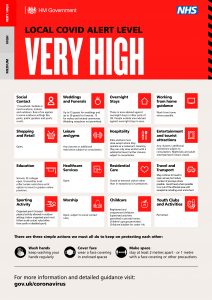
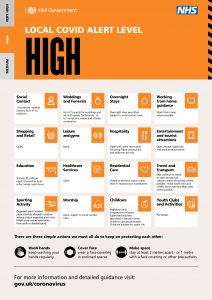
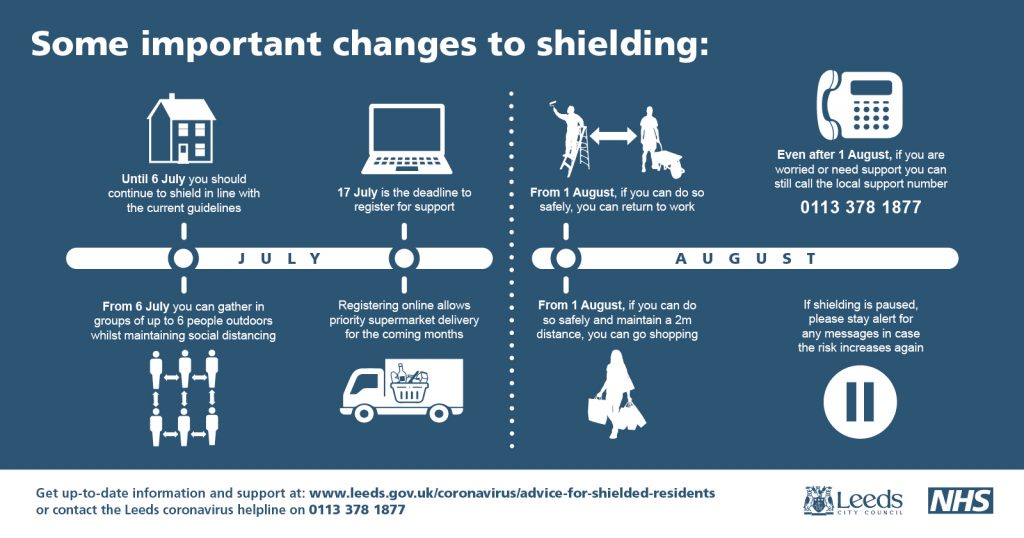
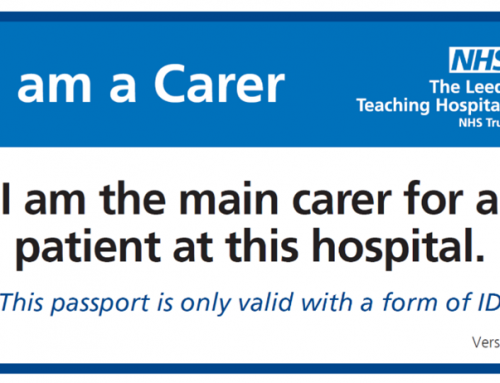
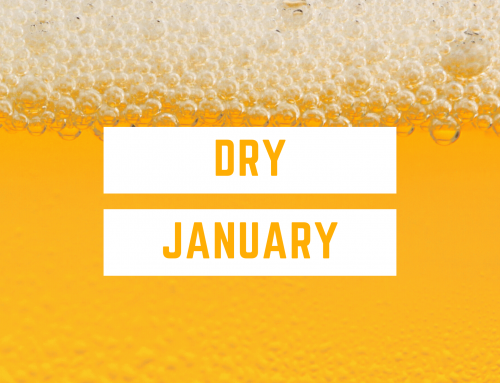
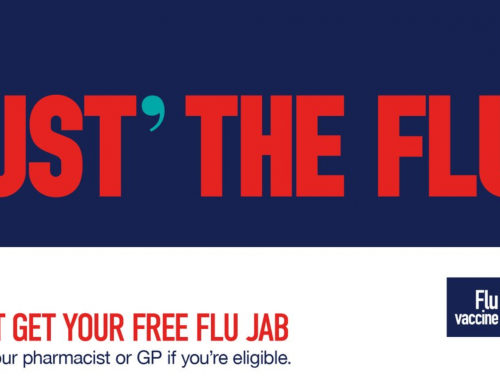

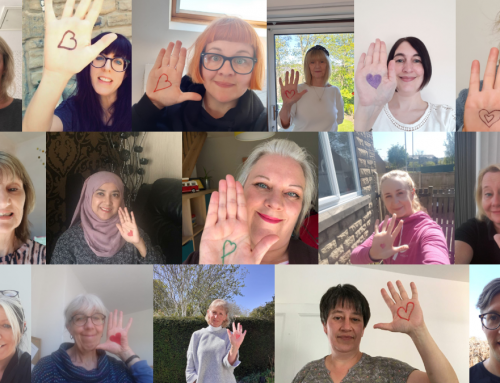

Leave A Comment